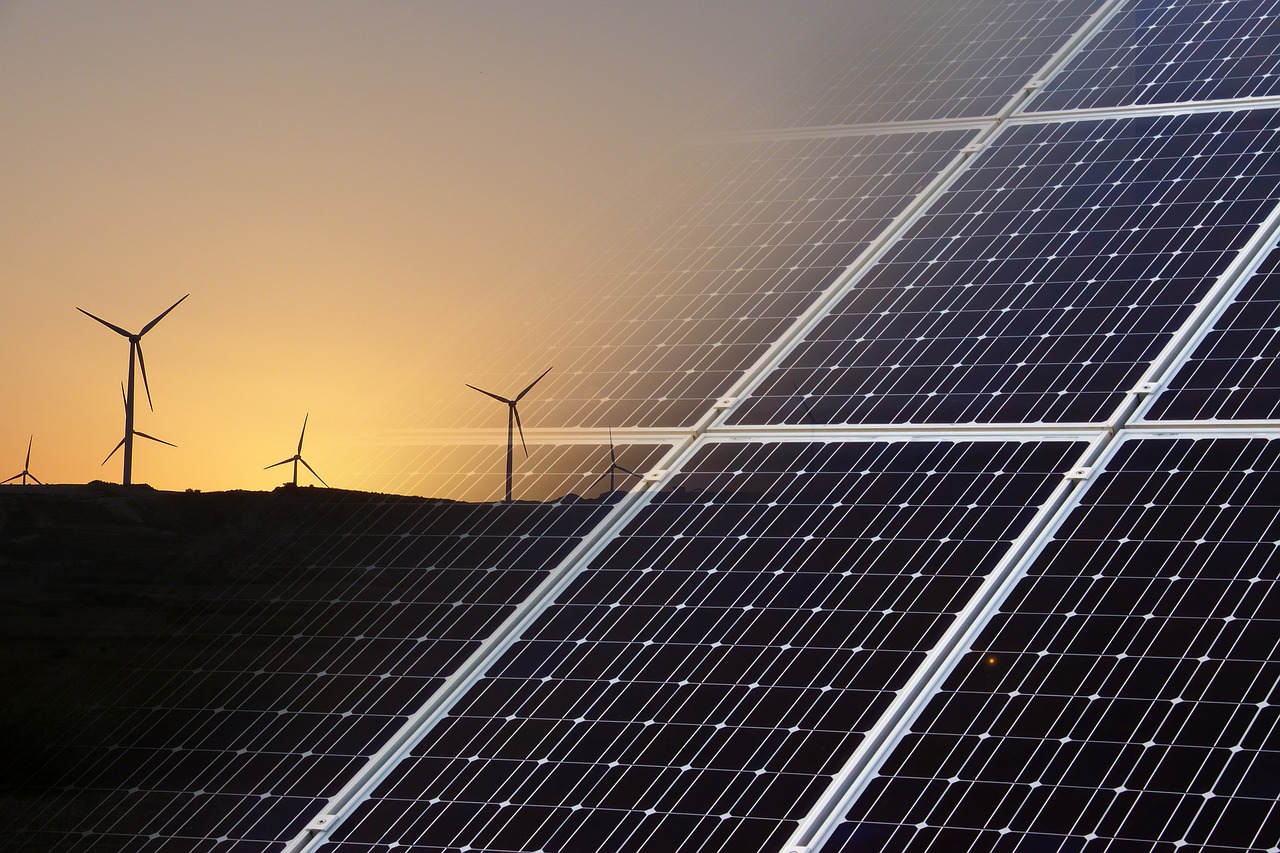Whether you’re an environmental advocate or someone who’s looking to shift to using renewable energy at home or in your business, you might have encountered a few notions of clean energy that might be questionable. Now, instead of jumping right in and making the switch, you’re doing the right thing by trying to understand what it means to use renewable energy. So if that’s the case, without further ado, let’s discuss the 7 common misconceptions about renewable energy that we should debunk today.
Renewable Energy is More Expensive Than Regular Energy.
The Scientific American noted in its 2017 article that wind energy is currently one of the cheapest sources of power in the entire world. The runners up? Solar and bioenergy. So there is no reason for you to believe claims that green energy is much more expensive than other energy sources. The journal also claimed that renewable energy will only continue to get cheaper as years go by because the stiff competition is making companies invest more and more in renewables.
Renewable Energy Infrastructure Takes up a Lot of Space.
This is a misconception only because people are just thinking of the need to install actual solar panels (or even wind turbines) in their homes. But the truth is, you really don’t need to! There are systems in place called shared solar that offers all the good benefits of clean energy without the need to put up solar panels on your roof or in your backyard.
Renewable Energy is Not That Good for the Environment
This one is a big myth. The truth is, solar and wind energy systems release zero Greenhouse gases while being used. No smoke, no smog, not even a teeny particle. On the other hand, the type of energy that emits too much harmful waste is actually nuclear power because not only does it release noxious fumes, but it also releases radioactive waste that is pretty dangerous to humans! So if you compare the two options, I’d rather have clean energy which is actually clean.
Green Energy Can Never Replace Fossil Fuels
When you think about the fact that 80% of the world’s energy is still sourced from non-renewable fuels, it’s easy to give up and think that renewable energy can never truly replace coal and other fossil-based energy.
However, between carbon deposits buried underneath the earth and sources like the oceans, the wind, and the sun itself, which do you think is the more sustainable group of resources? The only reason renewable energy is taking on a more supporting or supplementary role at the moment is because of people’s dependence on fossil.
The moment humanity decides to invest more in developing technology that can harness renewables better, the shift can actually happen.
Solar Panels are Ugly
One of the oldest, most valid arguments against the widespread use of PV solar panels is that they don’t usually add aesthetic value to your home or office building. In fact, many people consider the large panels an eyesore. This is not exactly a myth because it used to be true.
Nowadays, though, home builders are much more conscious about the principles of good design even when they’re designing an eco-friendly house. Subscribing to renewable energy sources does not necessarily translate to compromising the aesthetic value of your property.
Just be sure to hire an architect who is knowledgeable about renewable power infrastructure so they can incorporate it in the plan for your space.
Solar Power is Not Usable During Winter Months
There are people who are apprehensive about shifting to solar power because of fear about what would happen during those long winters where the sun won’t show up for days. If you share the same fear, you can rest assured that a huge chunk of developing renewable energy options is the provision for their storage, so that households may actually use stored power whenever they need it.
This is not just true with solar power. Wind and hydropower, when harnessed, can likewise be stored in batteries and other systems to make them ready on-demand.
Now that these common renewable energy myths have been debunked, you hopefully have a better idea about the benefits of clean energy, and how much it can change not just your life, but generally, life on Earth as we know it.

